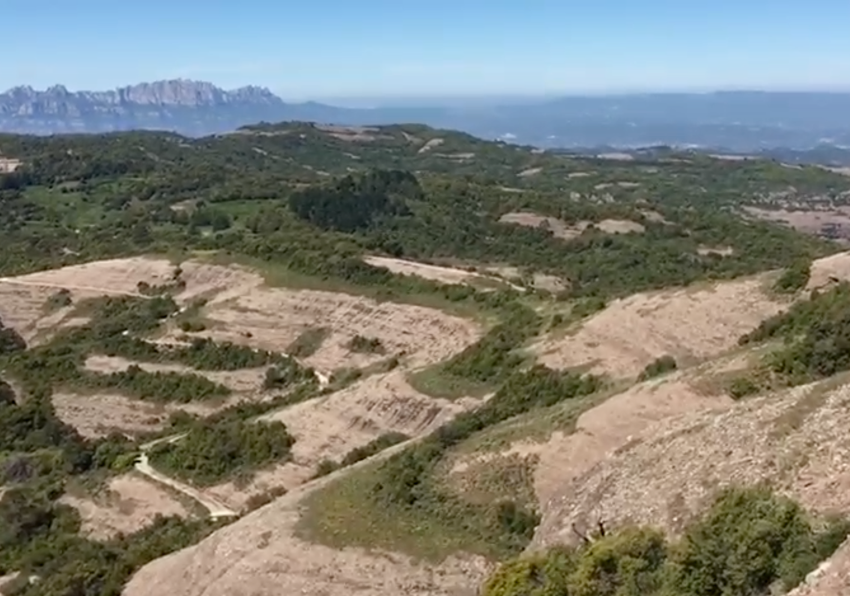The Natural Park of Sant Llorenç del Munt and l’Obac, the first created in Spain, hosts the Centre for the Monitoring of Biodiversity in Mediterranean Mountains. It aims to monitor biodiversity in order to have a continuous diagnosis of its conservation state, information that allows establishing adequate management and preservation policies. In this Natural Park we find plant and animal communities, some of them endemic (or unique in the world), such as particular rocky areas or endemic Mediterranean pine forests of great biological value.
During the Covid-19 pandemic, biodiversity monitoring has revealed some responses of biodiversity to the absence of human presence. Human overcrowding in this Park originates loss of plants and animals, loss of reproduction and direct death, among other negative effects on biodiversity. Thanks to home confinement caused by the Covid-19 pandemic, researchers had the unexpected opportunity to analyse this unusual situation and learn some lessons for conservation. Areas previously eroded by human trampling have been covered by carpets of plants that have recolonized them, with endemic plants that have increased ground coverage such as Erodium glandulosum subsp. foetidum, Saxifraga callosa subsp. catalaunica, Arenaria conimbricensis subsp. conimbricensis, …. Scorpions and vipers, highly affected by human persecution and key species as they feed on insects and rodents, have become more frequent, as well as red-legged partridges that had not been reproduced for decades due to human disturbances. Footprints and tracks of badgers, beech martens, foxes and common genets have become common in footpaths where people (and dogs) did not cause any disturbance. Roe deer were heard barking again in woods and even close to the researchers, and wildlife-vehicle collisions have been greatly reduced.
If humans agree that architectural heritage such as the ‘Sagrada Familia’ deserve being protected due to its great value, we should also be able to protect biodiversity that provides us ‘service values’ such as the oxygen we breathe and other resources that we use. We know that natural ecosystems are essential for our health and wellness, then, why don’t we use this Covid-19 crisis to change the management of the biodiversity? Why don’t we regulate human presence and move the most disturbing activities outside the most sensitive areas or areas with higher biodiversity? In short, why don’t we give more importance to the intrinsic service values that biodiversity provides us, and we establish a different relation with nature? If so, our health and future generations will be grateful.
Sabadell, June 2020.
Joan Real
Professor of the University of Barcelona and researcher at IRBIO

